Keynotes
Invited Speakers
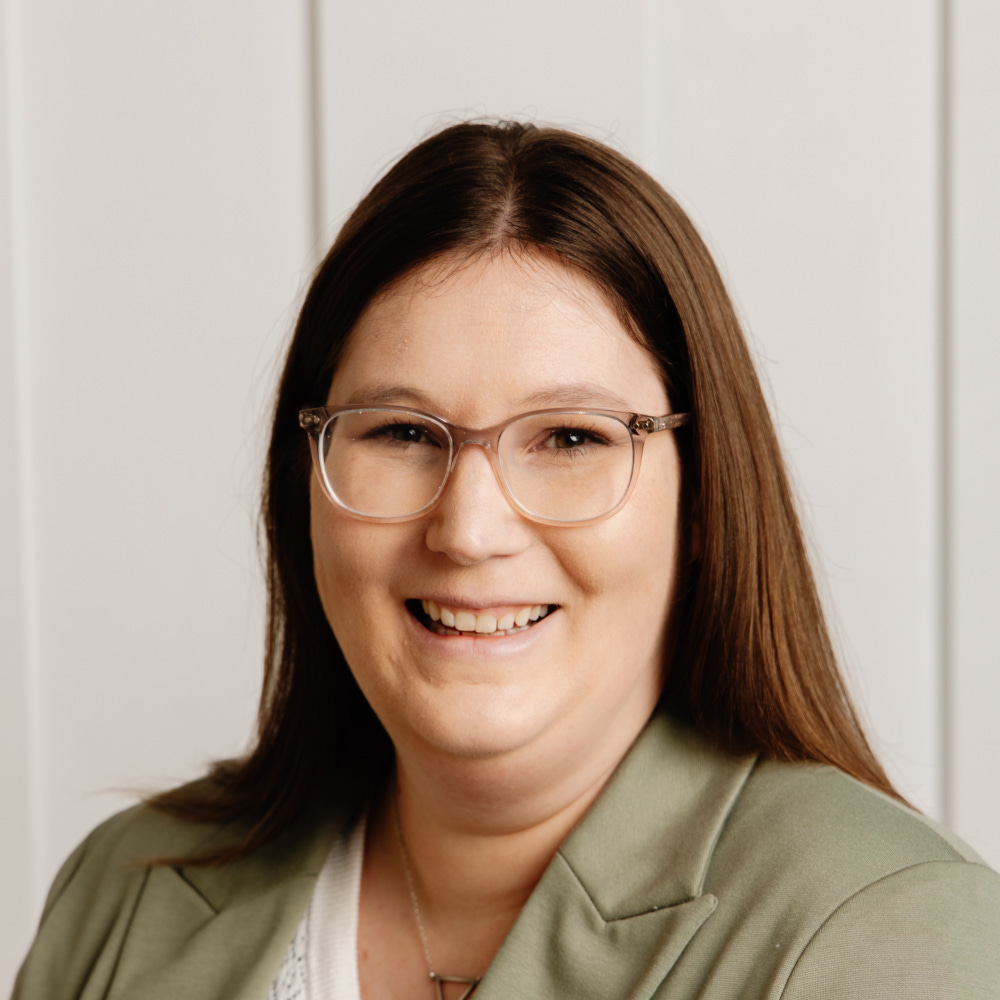
Lisa Argyle
Brigham Young University
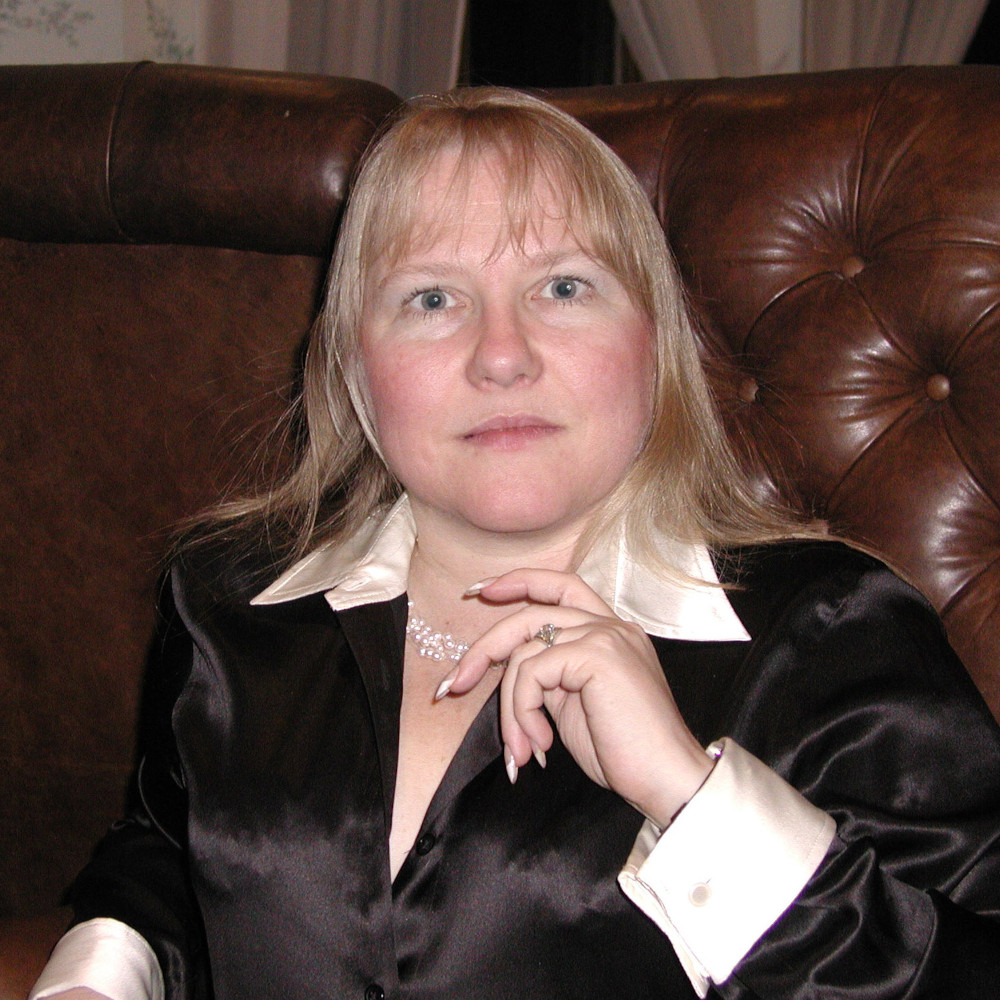
Kathleen M. Carley
Carnegie Mellon University
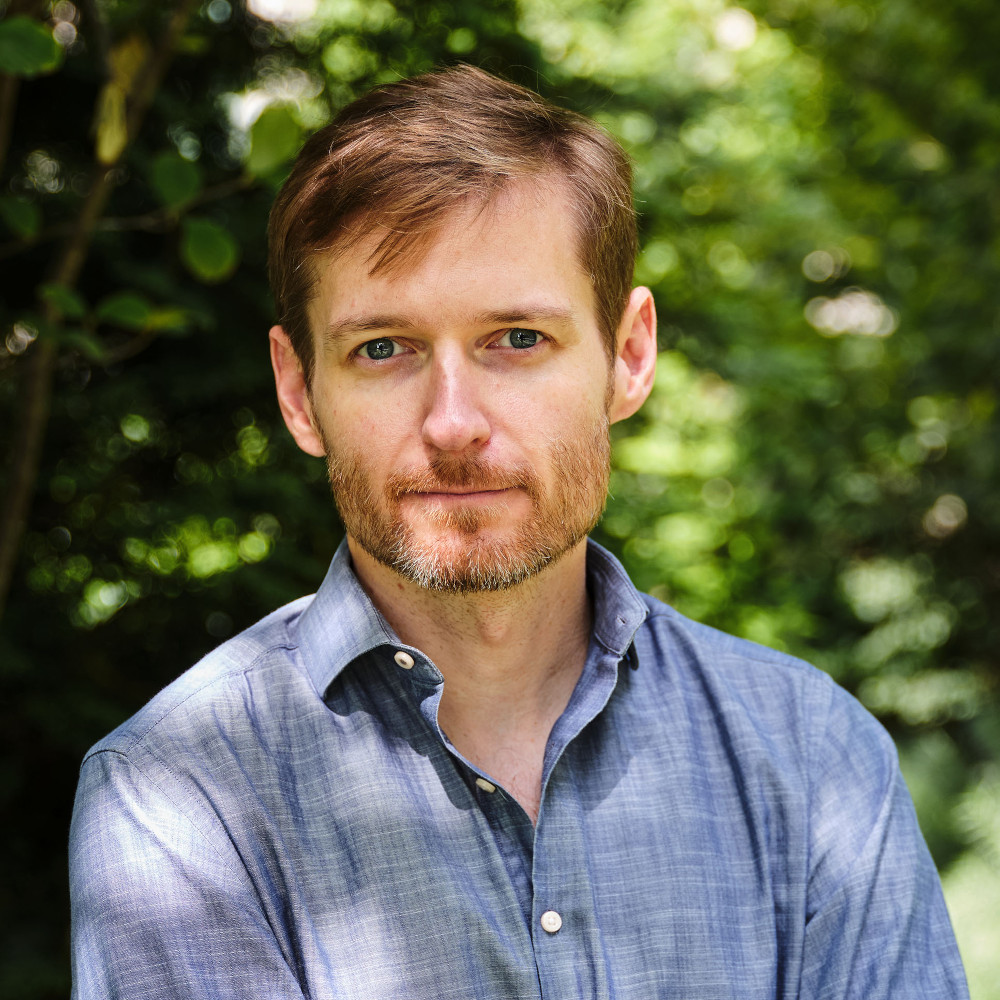
Dean Eckles
Massachusetts Institute of Technology
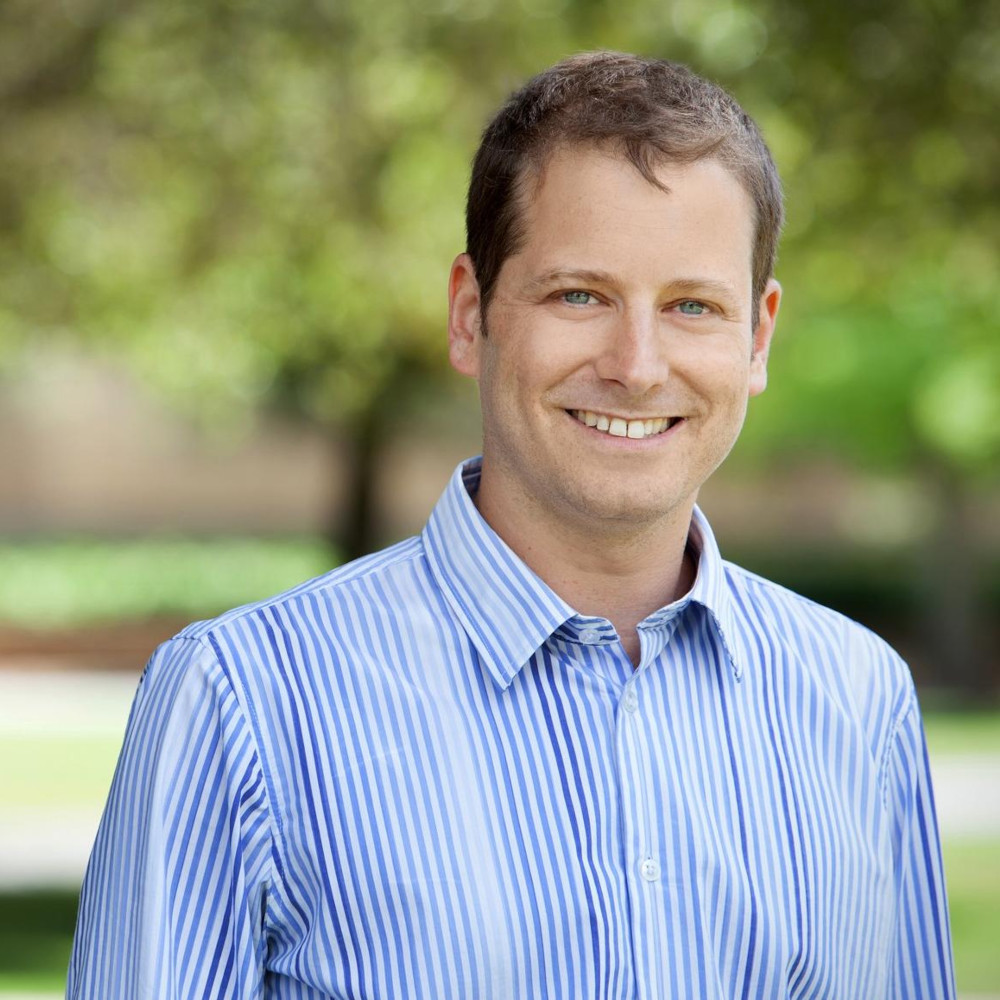
Amir Goldberg
Stanford University
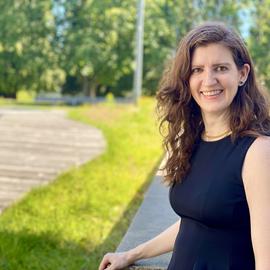
Laura Nelson
University of British Columbia
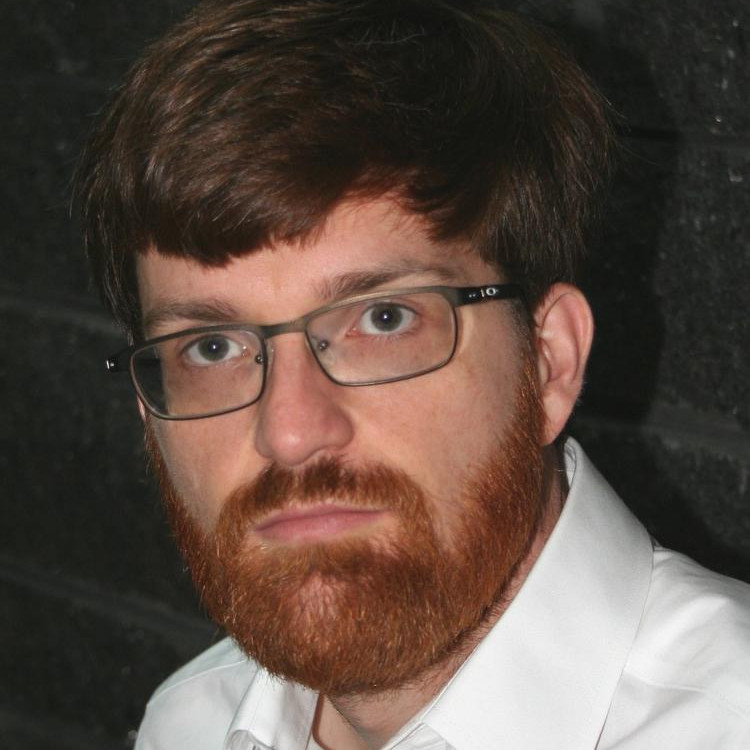
Brandon Stewart
Princeton University

Arnout van de Rijt
European University Institute

Duncan Watts
University of Pennsylvania
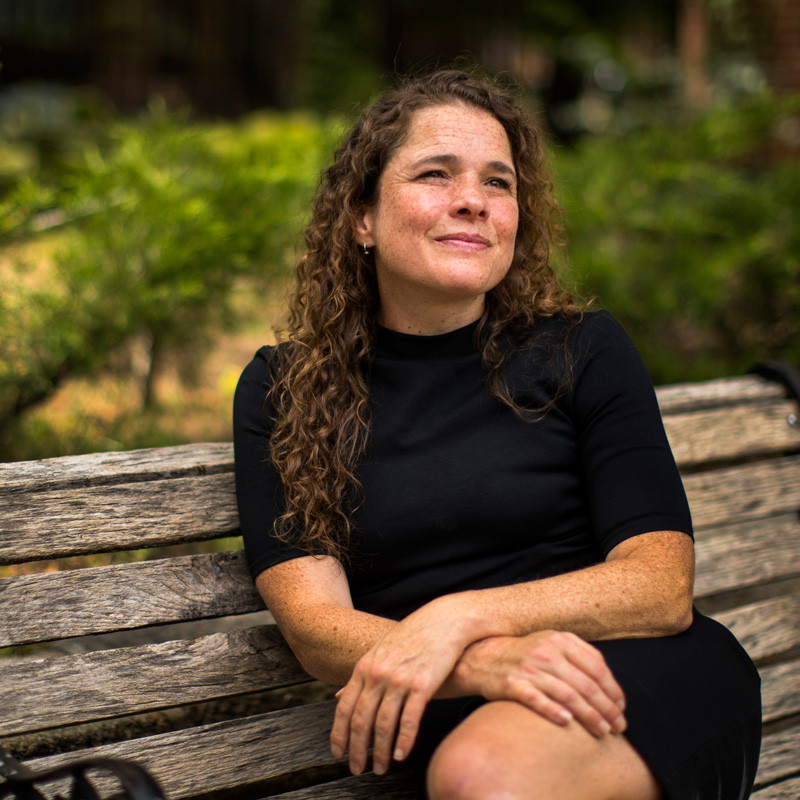
Sarah Williams
Massachusetts Institute of Technology
Keynotes
Lisa Argyle [↑]
Arti-“fickle” Intelligence: Using LLMs as a Tool for Inference in the Political and Social Sciences
Chair: TBA
July 22, 5:15pm–6:00pm

Abstract
Generative large language models (LLMs) are incredibly useful, versatile, and promising tools. However, they will be of most use to political and social science researchers when they are used in a way that advances understanding about real human behaviors and concerns. To promote the scientific use of LLMs, we suggest that researchers in the political and social sciences need to remain focused on the scientific goal of inference. To this end, we discuss the challenges and opportunities related to scientific inference with LLMs, using validation of model output as an illustrative case for discussion. We propose a set of guidelines related to establishing the failure and success of LLMs when completing particular tasks, and discuss how we can make inferences from these observations. We conclude with a discussion of how this refocus will improve the accumulation of shared scientific knowledge about these tools and their uses in the social sciences.Bio
Dr. Lisa P. Argyle is currently an Assistant Professor of Political Science at Brigham Young University. Starting in Fall 2025, she will begin at Purdue University as an Associate Professor of Political Science. She earned a Ph.D. from the University of California, Santa Barbara, after which she was a postdoc at Princeton University. Dr. Argyle blends political psychology with computational social science to study political attitudes and participation in the United States. Since the release of GPT-3 in 2020, a primary focus of her research has been generative AI, exploring how we can use Large Language Models as a tool to improve social science research and democratic societies. Her goal is to use surveys, experiments, and artificial intelligence tools to better understand how people talk about politics in their everyday lives, and how to improve those conversations.Kathleen M. Carley [↑]
Computational analysis of social and organizational systems
Chair: TBA
July 22, 9:45am–10:30am

Abstract
The US National Academy in its decadal survey of the Social Sciences argued that today we are in an era of Networks+. In other words, rarely do people use social network or network science techniques in isolation; rather, these are augmented with other computationally based techniques such as computational linguistics and machine learning. In the area of social-cybersecurity, a field concerned with identifying, characterizing and mitigating online harms such as undue influence, disinformation, hate-speech and extremism, network science is frequently combined with various AI techniques to build more effective tools to support interventions, to improve imperial analysis, and to simulate behavior. A particular area of concern is influence, that is "who is influencing whom on line, how and to what effect?". The BEND framework has been proposed as a way of systematically characterising such information operations, and it has been operationalized using network science + AI techniques in a way that enables the analyst in detecting, characterizing, mitigating, and assessing the impact of influence activities, those being influenced, and the influencer. In this presentation the BEND framework and its operationalization using network science+AI will be described. Then the insights that can be drawn using this approach will be illustrated using data from various events around the world. The presentation with a call for future research and an itemization of limitations and gaps where new techniques and additional research are needed.Bio
Dr. Kathleen M. Carley is a Professor of Computer Science in the Software and Societal Systems Department in the School of Computer Science at Carnegie Mellon University, IEEE Fellow, and Director of the Center for Computational Analysis of Social and Organizational Systems (CASOS) and Director of the center for Informed DEmocracy And Social‐cybersecurity (IDeaS) both at Carnegie Mellon University. She joined Carnegie Mellon in 1984 as Assistant Professor Sociology and Information Systems. In 1990 she became Associate Professor of Sociology and Organizations, in 1998 Professor of Sociology, Organizations, and Information Technology, and in 2002, attained her current role as Professor of Computation, Organization, and Society. She is also the CEO of Carley Technologies Inc. aka Netanomics.
Abstract
Social scientists often aim to not only determine whether some effect exists, but to quantify it. This often requires much larger or otherwise much more informative studies. It also requires choices of how to quantify effects. What relationship do various such quantifications have to scientific knowledge and, of particular relevance in applied work, to decisions? Using some examples from our recent experiments and other prominent, recent studies, I highlight how some effect size measures are typically decision-irrelevant and do not facilitate gaining generalizable knowledge. I also examine how we can use relevance to decisions to help select quantities of interest in the context of interventions in networks.Bio
Dean Eckles is a social scientist and statistician. At the Massachusetts Institute of Technology, Dean is the William F. Pounds Professor in the MIT Sloan School of Management and associate director of the Institute for Data, Systems & Society in the Schwarzman College of Computing. Much of his research examines how interactive technologies affect human behavior, especially by mediating social influence. Dean also works on methods for inferring cause–effect relationships and on applied statistics more generally. He is a co-organizer of the Conference on Digital Experimentation (CODE@MIT). He was previously a scientist at Facebook and Nokia. Dean completed five degrees, including his PhD, at Stanford University.Amir Goldberg [↑]
The Sociology of Interpretation: A Computational Approach
Chair: TBA
July 23, 4:30pm–5:15pm

Abstract
Culture shapes how we make sense of the world. People occupying different cultural positions often interpret the same realities in different ways. Recent advances in computational linguistics now make it possible to systematically measure these divergent interpretations at scale. In this talk, I introduce the Categorization-Association model of interpretation—a framework for capturing shared interpretation as well as processes of interpretive coordination and divergence. Drawing on computational analyses across multiple cultural domains—from American politics to popular understandings of leisure, work, and artificial intelligence—I show how culture reveals a fractured or "broken" geometry of meaning. This work illustrates how computational methods can help deepen our sociological understanding of culture, while underscoring the importance of grounding computational social science in robust theory.Bio
Amir Goldberg is a Professor of Organizational Behavior and (by courtesy) Sociology at the Stanford Graduate School of Business, where he is the founding co-director of the Computational Culture Lab. His work draws on computational methods to measure and model culture, and its evolution, in organizations, markets, and beyond. He is currently serving as the Organizations Department Editor at Management Science.Laura Nelson [↑]
Why Qualitative Research Needs Computational Social Science
Chair: TBA
July 23, 9:00am–9:45am

Abstract
Computational methods are playing a larger role in qualitative social science, but often with the goal of scaling or automating qualitative inquiry. Scaling and automating approaches are rooted in quantitative traditions, which are focused on measurement, generalizability, and evaluation against fixed benchmarks. But qualitative research is grounded in a different logic. It aims to understand meaning, context, and how people experience the world differently depending on their social position. This talk argues that if we want to use computational methods for qualitative research, we need to develop them differently than the current approach. For example, while machine learning is often framed as a tool for classification, its strength in identifying emergent patterns in large amounts of qualitative data aligns with inductive and abductive reasoning long used in qualitative research. Evaluating classification algorithms against a pre-determined "ground truth" stunts their development for inductive/abductive exploration and qualitative logics. In this talk I will share examples of how computational tools can support qualitative goals—not by making qualitative work more quantitative, but by shifting how we build, evaluate, and use these tools. This includes recognizing multiple perspectives in the data, treating researchers as active interpreters, and developing criteria that reflect qualitative rather than quantitative values.Bio
Laura K. Nelson is an associate professor of sociology at the University of British Columbia, where she also directs the Centre for Computational Social Science. She uses computational methods to study social movements, gender, culture, and institutions, and to advance qualitative computational text analysis methods. She has published in outlets such as American Journal of Sociology, American Sociological Review, and Sociological Methods & Research, among others.Brandon Stewart [↑]
Design-Based Supervised Learning: A General Framework for Using LLM Annotations and Other Predicted Variables in Downstream Analyses
Chair: TBA
July 22, 4:30pm–5:15pm

Abstract
In computational social science (CSS), researchers analyze documents to explain social and political phenomena. In most scenarios, CSS researchers first obtain labels for documents and then explain labels using interpretable regression analyses in the second step. The recent advancements in large language models (LLMs) can lower costs for CSS research by annotating documents cheaply at scale, but such surrogate labels are often imperfect and biased. We present a new algorithm for using outputs from LLMs for downstream statistical analyses while guaranteeing statistical properties—like asymptotic unbiasedness and proper uncertainty quantification—which are fundamental to CSS research. We show that direct use of LLM-predicted surrogate labels in downstream statistical analyses leads to substantial bias and invalid confidence intervals, even with high surrogate accuracy of 80-90%. Our approach guarantees valid inference for downstream statistical analyses, even when surrogates are arbitrarily biased, without requiring stringent assumptions, by controlling the probability of sampling documents for gold-standard labeling. The is talk is based on joint work with Naoki Egami, Musashi Hinck, and Hanying Wei.Bio
Brandon M. Stewart is associate professor of Sociology and the Office of Population Research at Princeton University. He is the Co-Editor-in-Chief of Political Analysis and an Associate Editor at Sociological Methods & Research. His work develops new statistical methods for computational social science with a focus on text as data and causal inference. He is the co-author of Text as Data: A New Framework for Machine Learning and the Social Sciences (PUP, 2022) and is the winner for earlier career awards from the Political Methodology Society (2023) and the American Sociological Association's Methodology Section (2024).Arnout van de Rijt [↑]
Luck and success in millions of life courses
Chair: TBA
July 23, 5:15pm–6:00pm

Abstract
This talk probes the role luck and success in the life course. We ask whether when people get lucky the trajectory of their life success increasingly diverges from that of their unlucky counterpart. We study this question theoretically using basic models of positive feedback. Empirically we look at the lives of thousands of Americans tracked in panel survey data and millions of Swedes captured in register data. We focus on income as measure of success and study a host of different ways by which people might be lucky or unlucky at different stages of the life course. We use causal identification strategies to isolate pairs of egos and alteregos who led similarly lives before the event and then compare their life courses afterwards.Bio
Arnout van de Rijt is Professor of Sociology at the European University Institute (EUI). Van de Rijt holds a PhD in Sociology from Cornell University (2007). Van de Rijt is Editor-in-Chief of Sociological Science, an open-access journal for social scientists committed to advancing a general understanding of social processes. He is President of the International Network of Analytical Sociologists (INAS), which bring together scholars with a common interest in social mechanisms and micro-macro dynamics. Van de Rijt is elected member and council member of the European Academy of Sociology (EAS), a fellowship with the aim to advance excellence in sociological scholarship. His research spans the broad areas of social network analysis, computational social science, collective action and social stratification. Van de Rijt received the 2010 Lynton Freeman award from the International Network for Social Network Analysis (INSNA) for his contributions to social network analysis. He received the 2017 Raymond Boudon award for early career achievement from the EAS for his work on cumulative advantage.Duncan Watts [↑]
Integrating explanation and prediction in computational social science
Chair: TBA
July 24, 9:00am–9:45am

Abstract
Computational social science is more than just large repositories of digital data and the computational methods needed to construct and analyze them. It also represents a convergence of different fields with different ways of thinking about and doing science. In this talk, I discuss how these approaches differ from one another and propose how they might be more productively integrated. First, I propose a schema for thinking about research activities along two dimensions—the extent to which work is explanatory, focusing on identifying and estimating causal effects, and the degree of consideration given to testing predictions of outcomes—and how these two priorities can complement, rather than compete with, one another. Second, I advocate that computational social scientists devote more attention to combining prediction and explanation, which I call “integrative modelling,” and outline some practical suggestions for realizing this goal.Bio
Duncan Watts is the Stevens University Professor and 23rd Penn Integrates Knowledge (PIK) Professor at the University of Pennsylvania, where he holds faculty appointments in the Department of Computer and Information Science, The Annenberg School of Communications, and the Operations, Information, and Decisions Department in the Wharton School. He holds a BSc in physics from the University of New South Wales and a PhD in theoretical and applied mechanics from Cornell University. Prior to joining Penn in 2019, Watts was Professor of Sociology at Columbia University, from 2000-2007, a principal research scientist at Yahoo! Research, from 2007-2012, and a principal researcher at Microsoft Research, from 2012-2019. He is a member of the National Academy of Science, and a fellow of the American Association for the Advancement of Science and the Network Science Society He is currently serving as the founding president of the International Society for Computational Social Science.